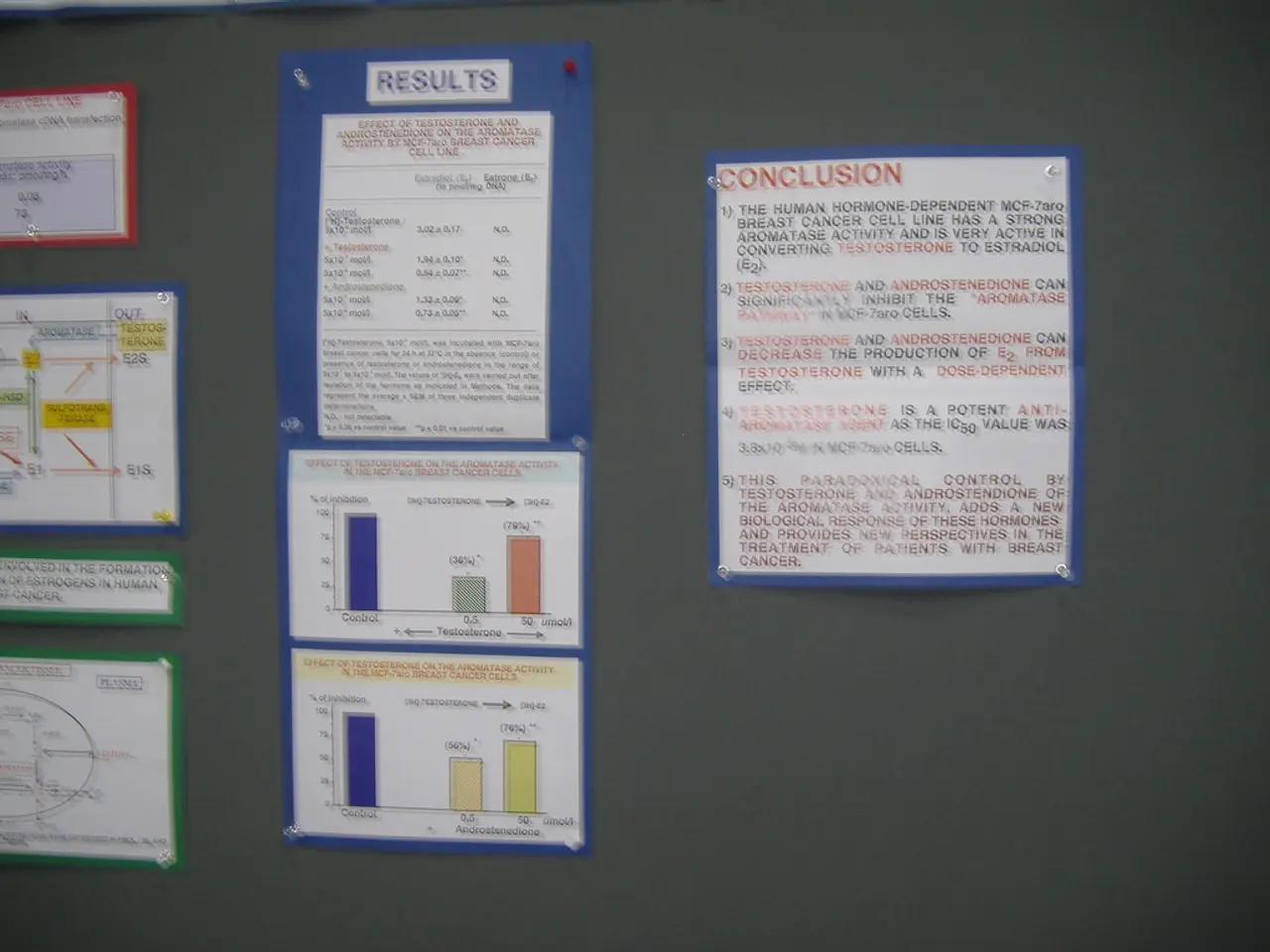BP aims for additional budget reductions as CEO intensifies efforts to boost profits
In a significant move, British multinational oil and gas company BP has unveiled a multi-year strategic plan aimed at maximizing shareholder value by reallocating capital towards low-carbon energy and higher margin businesses. The plan, which spans from 2021 to 2027, focuses on divesting from non-core, higher-carbon assets to improve profitability and support its energy transition strategy.
The second quarter of this year saw a 33% profit increase in BP's customers and products business, driving the company's overall performance. BP has also announced plans to buy back an additional $750 million worth of shares by the time of its third-quarter results.
A key aspect of BP's strategy involves the divestment of non-core oil and gas assets. The company has been actively pursuing asset sales in conventional upstream oil and gas to reduce exposure to volatile and lower-margin segments. These sales generate capital to reduce debt and fund cleaner energy investments.
The company is also increasing its focus on renewable energy and low-carbon technologies. Proceeds from asset sales are being reinvested into expanding renewable power generation, bioenergy, and low-carbon fuels, aligning with BP's net-zero ambitions. This portfolio shift is expected to enhance long-term profitability through growth in emerging energy markets.
Optimizing capital allocation is another key element of BP's strategy. The company is homing in on businesses with higher return potential, improving overall margins and cash flow. This includes expanding in integrated energy solutions and reducing costs across operations.
Lale Akoner, a global market analyst at eToro, has praised BP's second quarter performance, calling it a sign of regained discipline and strategic clarity. Akoner believes that BP can balance near-term performance with long-term potential, and the focus on execution, capital discipline, and shareholder returns is paying off.
BP's second quarter profits were $2.4 billion, down 14% year-on-year but significantly ahead of analysts' expectations of $1.8 billion. The company has achieved $1.7 billion of its goal of cutting $4 billion to $5 billion in costs from 2023 levels by the end of 2027.
BP has also made progress in its oil and gas projects, bringing five new major projects onstream, sanctioning four more, and making 10 exploration discoveries so far this year. However, the company is under pressure to boost profitability and investor returns due to a protracted period of share price underperformance, which has sparked takeover rumors from rival Shell.
BP has made its largest oil and gas discovery in 25 years in Brazil's Santos basin, a promising development for the company's future in traditional energy sources. If BP continues to maintain this focus, sentiment around the stock and the story could shift meaningfully, according to Akoner.
BP shares increased by 1.4 percent in early trading, bringing 2025 gains to 2.5 percent. This strategic shift towards low-carbon energy and maximizing shareholder value could position BP well for the future, balancing cash generation, reduced carbon footprint, and strategic growth in renewables and clean energy infrastructure.
[1] Financial Times [2] The Wall Street Journal [3] Bloomberg [4] Reuters [5] The Economist
- BP's focus on divesting from non-core, higher-carbon assets and reinvesting the proceeds into renewable energy and low-carbon technologies is a strategic move aimed at investing in the future and optimizing finance for long-term profitability.
- Lale Akoner, a global market analyst, has commended BP's financial discipline and strategic clarity, believing that the company's balance between near-term performance and long-term potential will lead to increased investor returns and positive sentiment around the stock.




